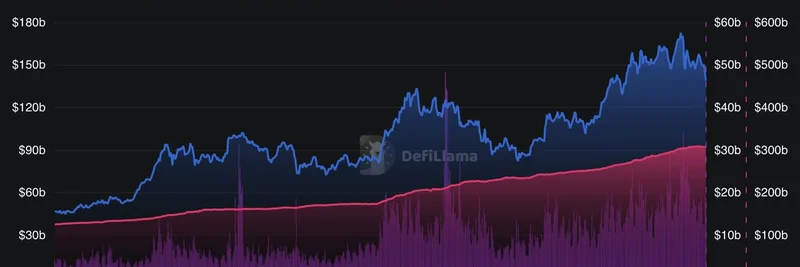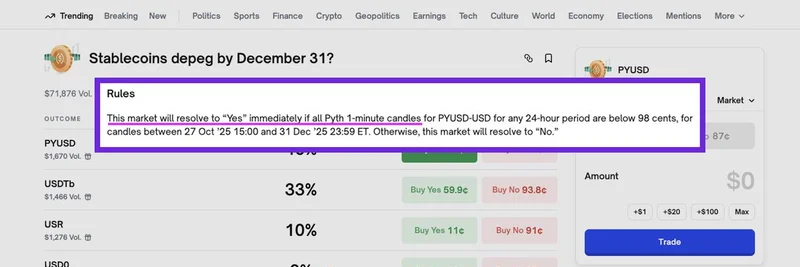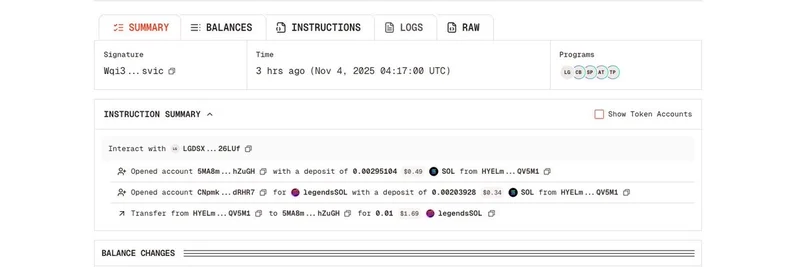Marty Party, a well-known crypto commentator and host of The Office Space, recently dropped a thought-provoking post on X that has the blockchain community buzzing. In it, he warns that big fintech companies launching their own private blockchains are setting themselves up for failure, much like the misguided efforts during the dot com boom in the late 1990s. If you're into crypto or meme tokens, this is a reminder of why betting on decentralized, community-driven projects—like those powering viral meme coins—often pays off in the long run.
Let's break it down. Back in the dot com era, every corporation rushed to build their own version of the internet: custom operating systems, web servers, databases—you name it. It was a mess of siloed, proprietary tech that couldn't compete with the collaborative magic of open standards. Fast forward to today, and Marty sees the same pattern repeating in blockchain. Fintech giants are pouring billions into permissioned, closed networks, thinking they can control the future of finance. But as he points out, they miss the boat on the network effect—the idea that a platform's value skyrockets as more people join and contribute.
What makes public blockchains, like those behind popular meme tokens on platforms such as Solana or Ethereum, so unstoppable? It's the democratized power of crowdsourced software development. Open source means anyone can audit, improve, and iterate on the code, fostering innovation at lightning speed. Think of it like Wikipedia versus a corporate encyclopedia: one thrives on collective input, the other gets bogged down by bureaucracy. Marty's post nails this: "Public open source software always wins and corporate rent seeking will lose again."
We're at a tipping point where technology—high bandwidth, massive compute power—finally makes a truly decentralized world possible. No more middlemen owning your data or transactions. Instead, we have public financial networks where global users can invest together, much like how meme token communities rally around fun, viral ideas that sometimes moon in value. Marty even quips, "Imagine Linux had a token," highlighting how if the open-source OS giant had its own crypto, it might have dominated even more. This ties directly into the meme token space, where tokens like Dogecoin started as jokes but built empires through community ownership.
Of course, not everyone agrees. Some replies to Marty's post push back, noting that Linux only holds about 4.5% desktop market share or that we're still using centralized tools like Google Sheets. Others shout out projects like $LINK (Chainlink) as the "Linux with a token" or predict zero-fee blockchains on the horizon. But the core message stands: history favors openness. Companies trying to "own you" with their silos will waste resources recreating what public networks already do better.
For blockchain practitioners and meme token enthusiasts, this is a call to action. Dive into open-source projects, contribute to decentralized ecosystems, and stay ahead of the curve. As Marty says, "Never bet against open source technology and public networks." In a world shifting toward decentralization, understanding these dynamics can help you spot the next big meme token or tech breakthrough before it hits mainstream. Keep an eye on Meme Insider for more breakdowns on how these trends impact the crypto space.



